Increasing number of people with high blood pressure
"About 20-25% of the world's population and Vietnam's population have high blood pressure. High blood pressure is a condition in which one of the two systolic blood pressure values is 140 mmHg or higher, and the diastolic blood pressure is 90 mmHg or higher. Accordingly, 1 in 4-5 people have high blood pressure," said Dr. Tran Hoa, Deputy Head of the Department of Interventional Cardiology, University of Medicine and Pharmacy Hospital, Ho Chi Minh City.
Although diagnosing high blood pressure is very simple, each person can proactively detect high blood pressure by measuring their blood pressure at home or going to the nearest medical facility. However, data shows that about 50% of patients do not know they have high blood pressure.
For people who have been diagnosed with high blood pressure, most patients do not comply with treatment because the disease rarely causes typical symptoms. If not detected and treated effectively, high blood pressure can cause myocardial infarction, cerebral hemorrhage, cerebral infarction and many other complications to the heart, eyes, kidneys, blood vessels, etc.
According to the Ho Chi Minh City Center for Disease Control, statistics worldwide show that about 1.28 billion adults aged 30-79 have high blood pressure and most live in low- and middle-income countries. About 46% of adults with high blood pressure do not know they have the disease. Less than half of adults (42%) with high blood pressure are diagnosed and treated. About 1 in 5 adults (21%) have controlled high blood pressure.
According to Dr. Hoa, the worrying issue is that 50% of people diagnosed with high blood pressure do not comply with treatment. In addition, many people, despite being diagnosed and treated, still do not reach their target blood pressure (below 140/90 mmHg). The cause is often due to patients not complying with medication and having an inappropriate lifestyle (salty eating habits, lack of exercise, overweight - obesity, etc.).
In particular, in drug treatment, patients often forget to take their medication, do not combine medications to control risk factors, or do not take the full dose as prescribed by their doctor.
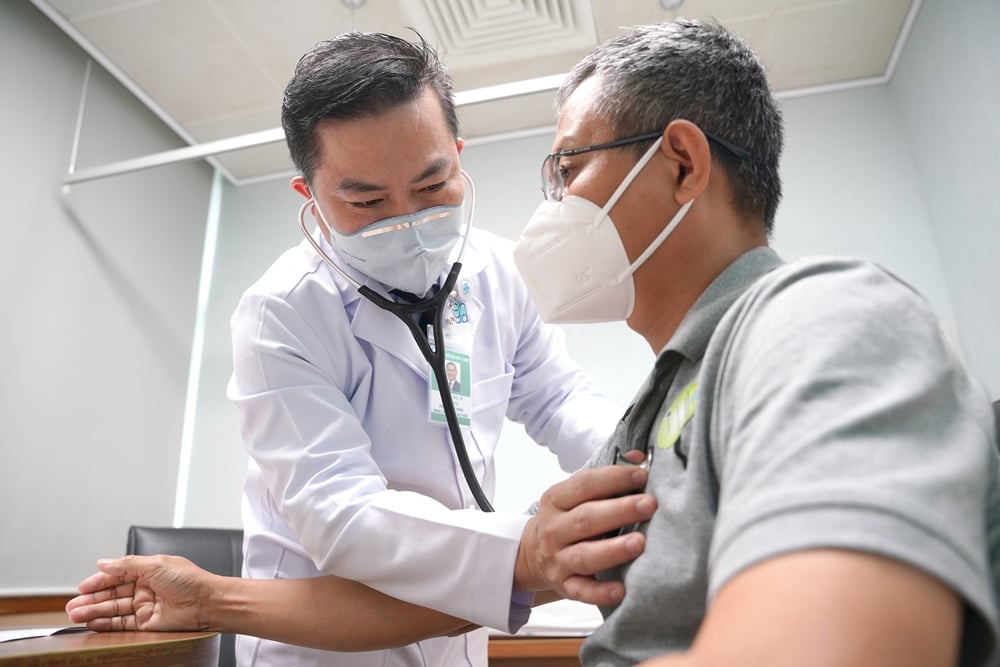
Doctor Tran Hoa examines a patient
Need to comply with treatment and increase exercise
According to Dr. Tran Hoa, to control blood pressure more effectively, patients need to comply with long-term treatment as prescribed by their doctor. They need to have a follow-up examination immediately if their blood pressure is unstable. Patients with stable blood pressure only need to have a follow-up examination every month or even every 3 months before seeing a doctor.
Currently, many patients may only need to take medication once a day. The medication is formulated to help control blood pressure and reduce risk factors for cardiovascular events. For people with high blood pressure and comorbidities, doctors will combine treatment by prescribing new medications to control risk factors and comorbidities. Patients need to proactively measure their blood pressure properly at home. This is a simple and convenient method to monitor health, contributing to better blood pressure control.
Professor, Dr. Truong Quang Binh, a cardiovascular expert and former Deputy Director of the University of Medicine and Pharmacy Hospital in Ho Chi Minh City, recommends that people walk 30 minutes a day, 5 days a week. It is not necessary to walk continuously for 30 minutes, but to break it up into 5 minutes each time, as long as it is 30 minutes a day.
"If you walk regularly, in just 3 months, you will reduce your blood pressure. Walking for 6 months will have a more obvious effect on blood pressure. People with high blood pressure will reduce it by 10-20 mmHg; people without high blood pressure will also reduce it by 5 mmHg. The results will be great because we know that just reducing 2 mmHg of systolic blood pressure will reduce the risk of coronary heart disease by 7% and the risk of stroke by 10%," said Dr. Binh.
In addition to taking medication to lower blood pressure, Dr. Tran Hoa noted that patients must adhere to the principles of non-drug treatment but are very important, including: eating a low-salt diet and minimizing the amount of salt in the diet, eating fruits to supplement potassium, losing weight if overweight, exercising regularly and every day, avoiding stress, reducing the use of alcoholic beverages. In addition, the doctor also guides how to measure blood pressure properly at home and methods of dealing with high blood pressure. Thanks to adhering to the minimalist treatment method, proactively monitoring blood pressure, and positively changing lifestyle, many patients have maintained their target blood pressure, lost weight, stabilized blood sugar, and can live and work normally and continue to have regular check-ups.
Dr. Tran Hoa further emphasized that to detect high blood pressure early in the community, everyone should remember to measure blood pressure as they remember their age. Normal people over 18 years old need to measure blood pressure once a year. For those who have been diagnosed with high blood pressure, it is necessary to comply with long-term treatment as prescribed by the doctor and proactively measure blood pressure properly. In addition, it is necessary to maintain a suitable diet and exercise regularly to increase blood circulation, supporting the treatment of high blood pressure.
Source link










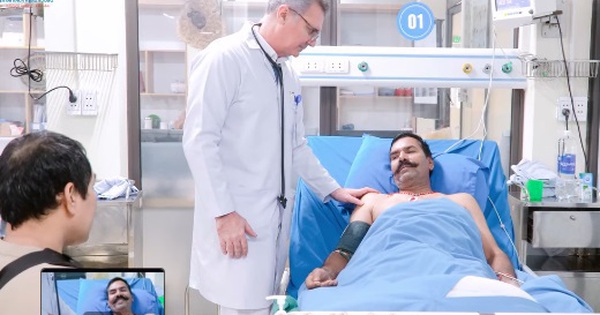
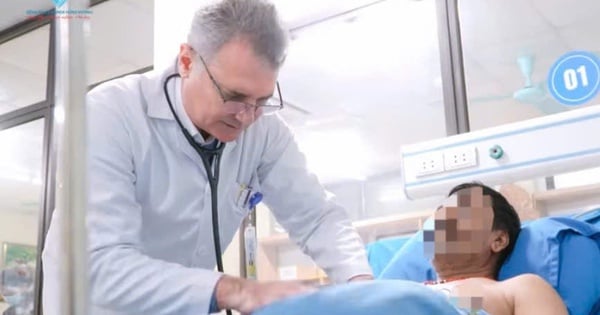






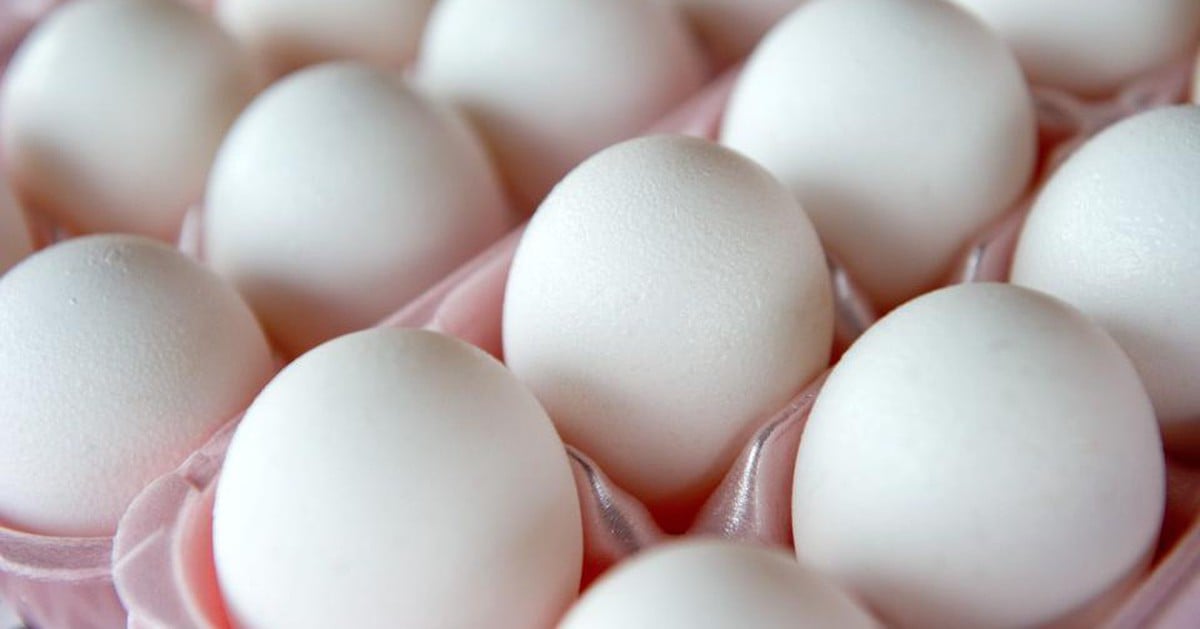



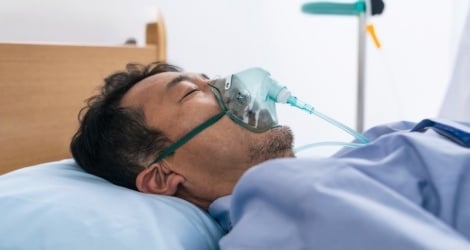



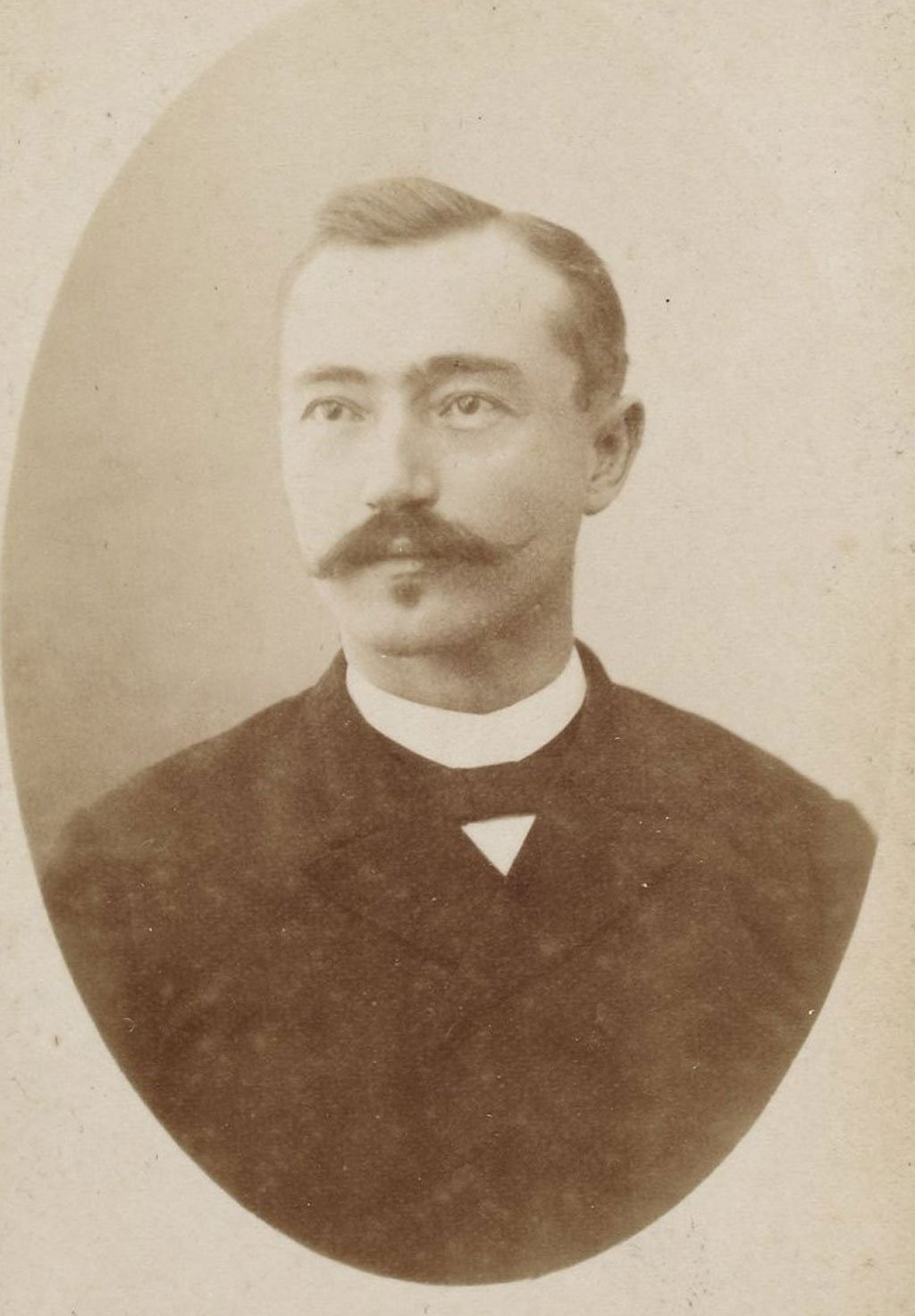













Comment (0)